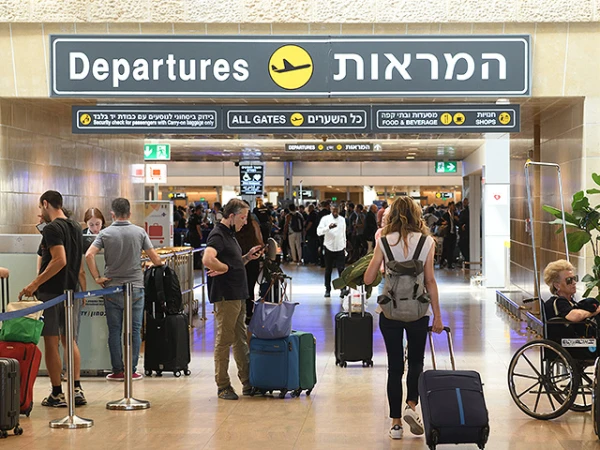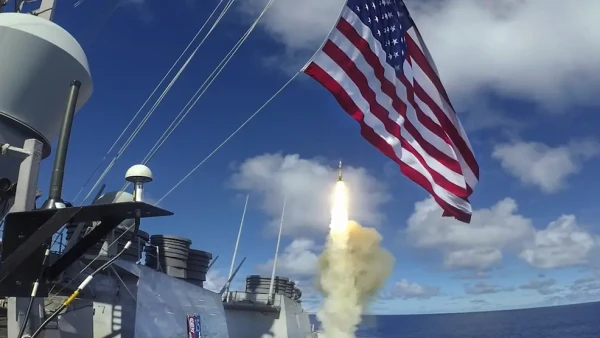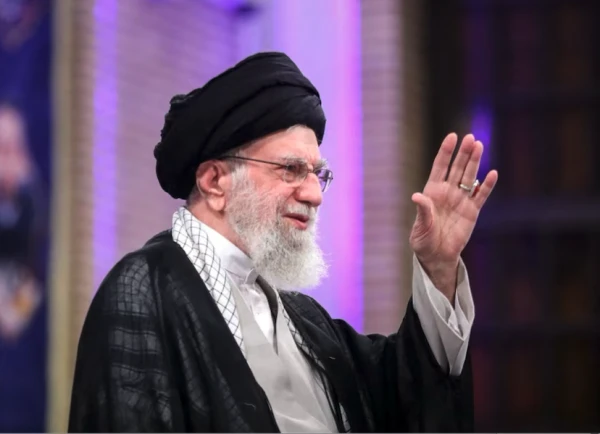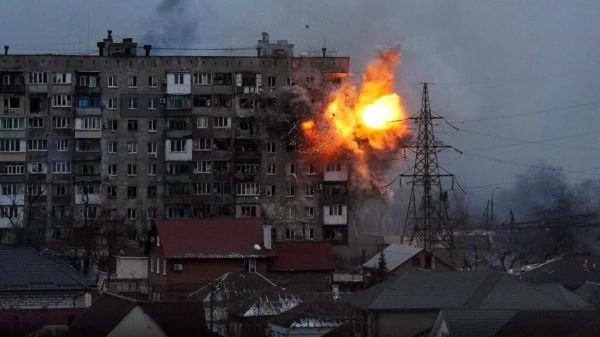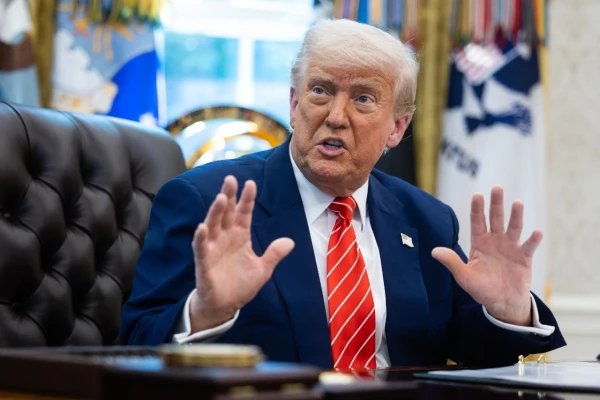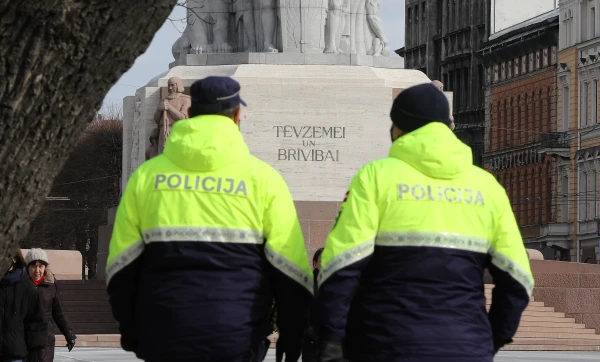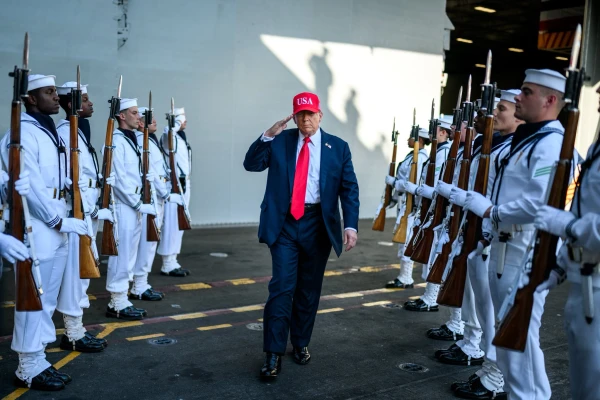
The release of hostages is just the first step towards lasting peace. Many details regarding the disarmament of Hamas, governance of Gaza, and the complete withdrawal of Israel still need to be agreed upon. Here’s what we know.
On September 29, the President of the United States, along with the Prime Minister of Israel, announced a new plan to resolve the war in Gaza. The "Trump's 20-Point Plan" was agreed upon with several Arab and Muslim countries, particularly Egypt, Qatar, and Turkey.
The immediate event that reportedly prompted President Trump to urge Israel to end the war in Gaza was the attack by the Jewish state on Doha. It violated Qatar's territorial integrity in a failed attempt to kill negotiators from Hamas.
Due to internal political disagreements in Israel, Trump felt capable of exerting pressure on Benjamin Netanyahu's government. Since the beginning of Trump's second presidential term, Israel has achieved its main military objectives in Iran, Lebanon, and Gaza.
On October 8, the President of the United States announced that Israel and Hamas had reached an agreement and signed the first phase of the deal. Here are its main provisions.
Phase 1: Immediate Ceasefire and Humanitarian Actions
The plan provides for an immediate cessation of hostilities, a halt to all military operations, and a freeze of the front line, as well as the immediate release of all living Israeli hostages and the return of remains within 72 hours.
Additionally, the plan includes the release of Palestinian prisoners in Israel, including 250 individuals sentenced to life imprisonment and 1,700 individuals arrested since the beginning of the war.
Phase 2: Demilitarization and Security Measures
Negotiations for the second phase are expected to begin after the release of the hostages. The proposed strategy includes the destruction of offensive infrastructure, such as tunnels, to neutralize its combat capabilities.
The statement notes that Gaza will become a "deradicalized zone, free from terror and not posing a threat to its neighbors." It also proposes amnesty for Hamas members who commit to peaceful coexistence. Those who choose to leave the country will be promised safe passage.
Furthermore, temporary international stabilization forces, consisting of American, Arab, and European personnel, will be deployed to ensure security and assist in training Palestinian police forces to ensure long-term stability and peace.
Phase 3: Governance and Reconstruction
In the third phase, a transitional administration will be established, led by Palestinian technocrats and under the supervision of an international body to manage daily life and oversee infrastructure reconstruction.
The distribution of humanitarian aid will be monitored by international organizations such as the UN and the Red Crescent to ensure the effectiveness and fairness of supplies.
Additionally, the plan aims to encourage Palestinians to remain in Gaza by offering support to those who decide to rebuild their communities.
The strategy includes recognizing Palestine as a state, contingent upon successful reconstruction and necessary reforms within the Palestinian administration.
To lay the groundwork for long-term peace, dialogue will be initiated between Israel and the Palestinians to create a political structure that promotes peaceful coexistence and mutual understanding.
Gaza will be governed by a technocratic, apolitical Palestinian committee responsible for the daily operations of government services and municipalities.
This committee will consist of qualified Palestinians and international experts, with oversight and control exercised by a new international transitional body called the "Council of Peace." It will be led by Trump, and will include former British Prime Minister Tony Blair, with additional candidates to be announced later.
Although the plan recognizes the Palestinian state as "the aspiration of the Palestinian people," it does not state that the United States recognizes a future Palestinian state.
On September 30, Benjamin Netanyahu ruled out such a possibility, stating that a Palestinian state would not be established under Trump's plan.

